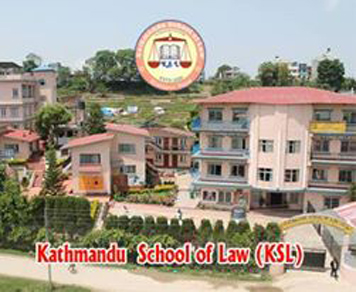Case Stories
Legally Advised to go for DNA test, the Test ensures Rabina’s and Meera’s Rights to Property
October 10, 2016
Rabina (Name Changed) fell in love with her cousin Padam (Name Changed) and both of them wanted to get married. Although their marriage was possible culturally, Padam’s parents didn’t accept their relationship. However, fled their places and got married secretly on 17 March 2014 against their parents’ wishes. Even after their marriage, Padam’s parents did not accept Rabina as their daughter-in-law and her entry into their house was prohibited.
Rejected by parents, the couple started to live in a rented house in Anamnagar, Kathmandu. Within a year of their relation Rabina gave birth to a daughter Meera (Name Changed) on 16th March, 2015. Unfortunately, Padam left her alone and even denied their relationship neither did he accept Meera as her daughter. Betrayed, Rabina was worried about identity of her child especially as to fatherhood of the child. Unsupported, she spent days under scarcity of food and medical attention in her post-natal days which compelled her to file a complaint against her husband at the National woman Commission (NWC).
As CeLRRd has formal agreement with NWC to provide free legal aid for victims of GBV, the case was referred to CeLRRd. Victim legal aid lawyer of CeLRRd provided legal counseling as to how she could file cases against her husband in court. Accordingly, she desired to file a case against her husband under partition of property. CeLRRd facilitated her to file a case at Kathmandu District Court however; the defendant denied the relationship with Rabina and Meera. As the victim didn’t have marriage registration and Child birth registration certificate to prove her claim initially, there had been a fear on her that she could be blamed as a mother of a child without marriage.
In absence of such required documents, the lawyer advised her to go for DNA test for the verification of blood relationship. As per the request from complainant, the court gave an order for DNA test for the verification of relationship (paternity test). On 13th April, 2016 National Forensic-Science Laboratory sent the report of DNA Test in the court conforming the relationship between father and daughter stating the probability of paternity 99.9999 %.
Then the court ordered to submit details of inventory to provide appropriate amount of share on partition of property for the judgment. Kathmandu District court decided the case on 14th July, 2016 and ordered to give property to Rabina and child Meera.



